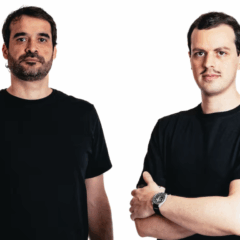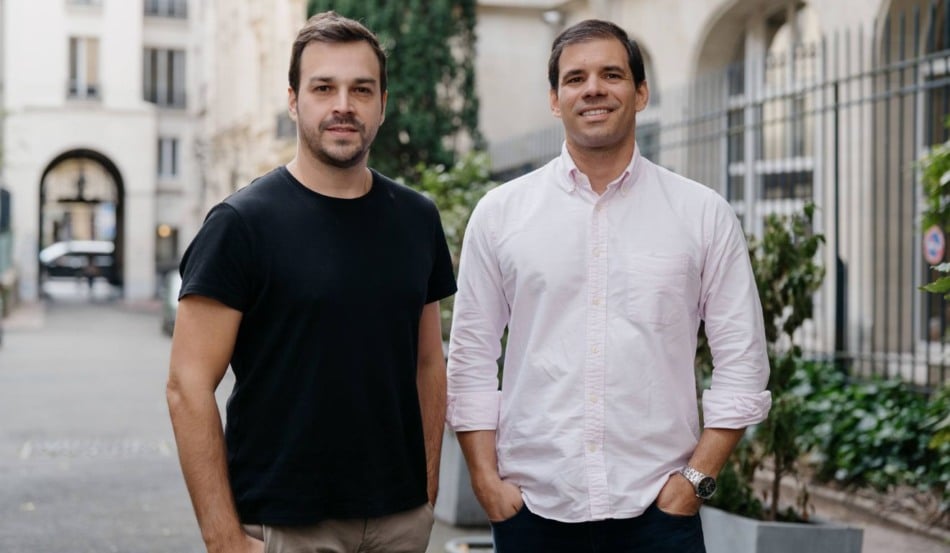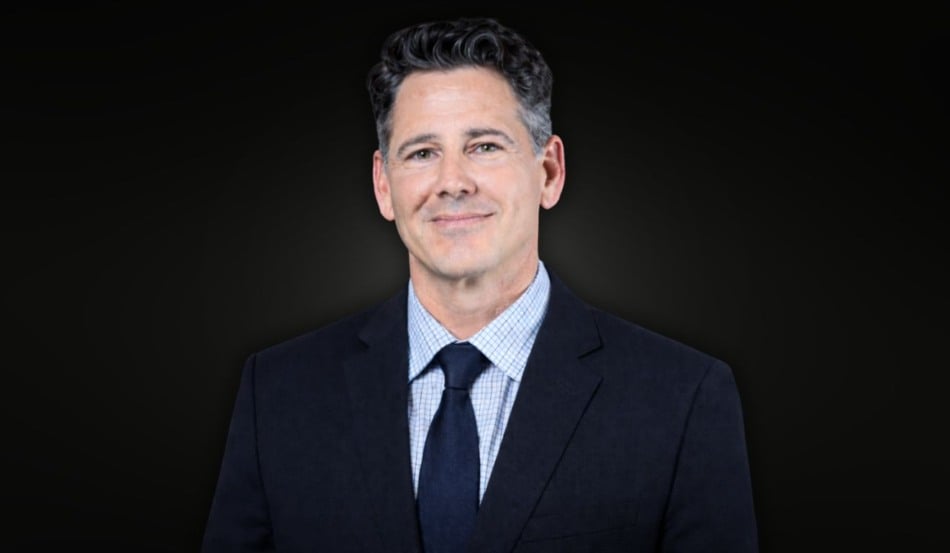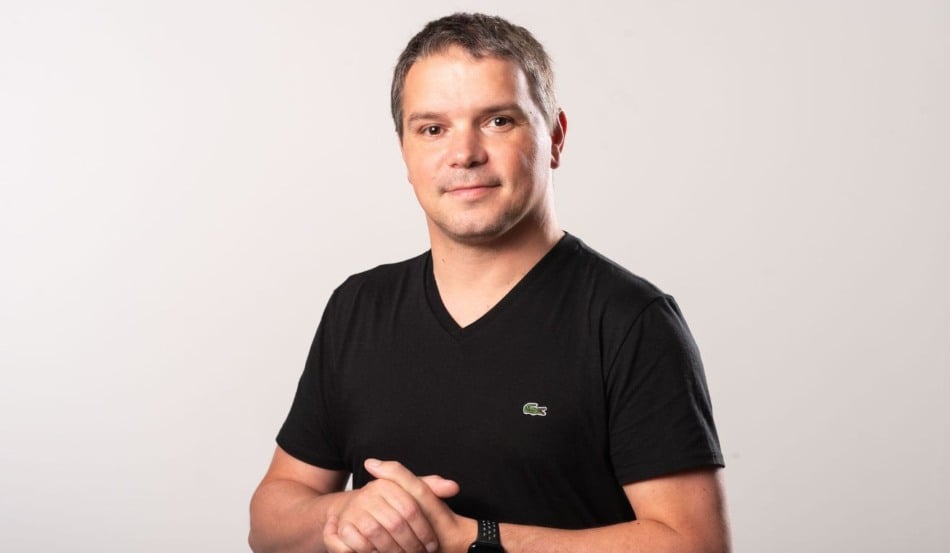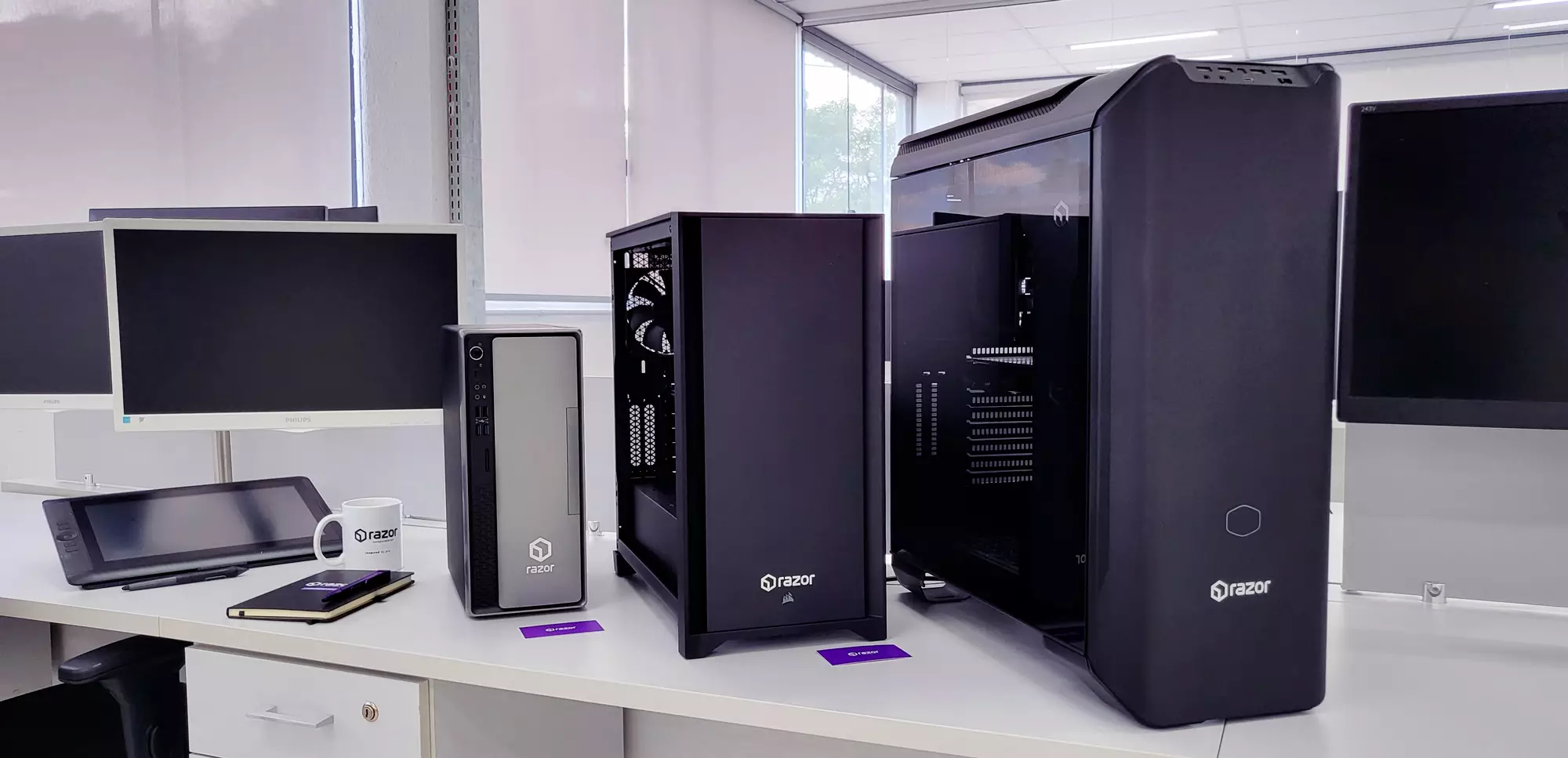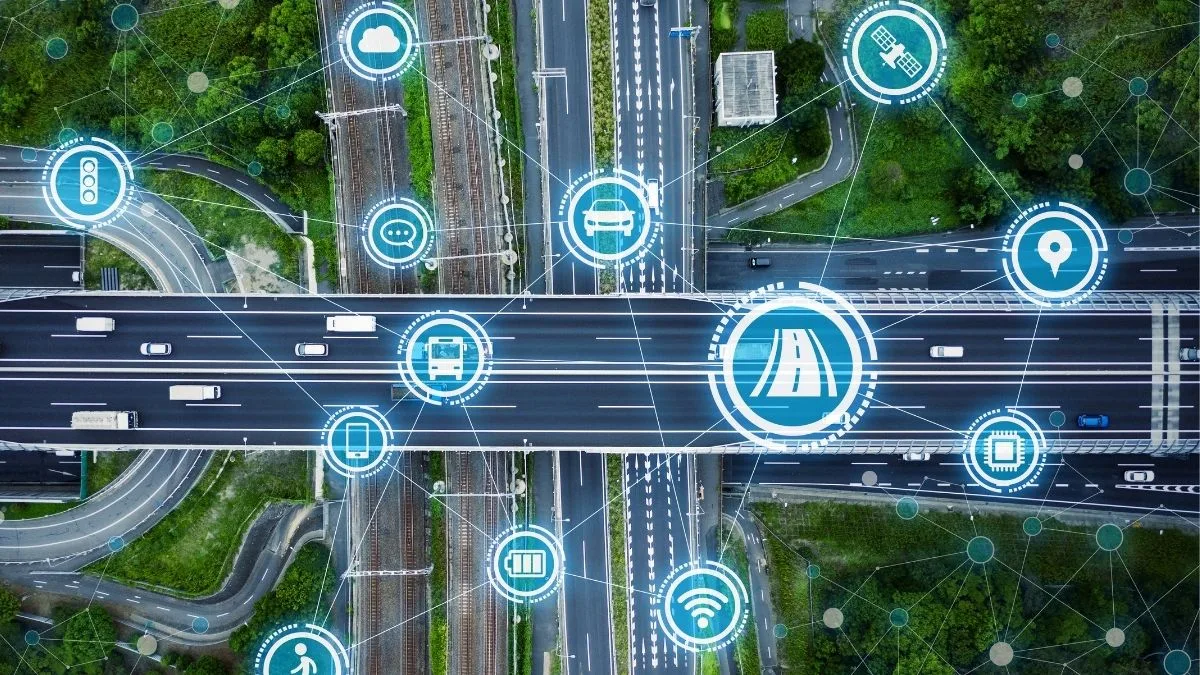
Essa notícia está disponível em português
Close to celebrating the first anniversary of its second investment fund, Brazilian fund Indicator Capital is placing its bets into supporting high-growth local companies focused in the Internet of Things (IoT) space, with potential for international expansion.
Founded in 2014 by Derek Lundgren Bittar, Thomas Lundgren Bittar and Fabio Iunis de Paula, Indicator operates from São Paulo and Silicon Valley. Its portfolio has 12 startups, including exits such as Social Miner, an e-commerce platform sold to local e-commerce giant Locaweb in 2020. The firm is responsible for a $48 million fund aimed at early-stage companies active in the IoT and connectivity space in Latin America.
Indicator was chosen to run the vehicle after winning a tender launched by the National Bank for Economic and Social Development (BNDES) and Qualcomm Ventures, who each backed the vehicle with an initial commitment of around $17 million. Some of the fund investors includeloical bank Banco do Brasil, as well as tech manufacturer Multilaser, telecoms operator Telefônica/Vivo, Lenovo, and others.
The VC firm then became the largest Latin investor specialized in the IoT space. It plans to invest in up to 30 companies generating over $3,2 million in revenue with checks between $2-3 million. Recently, the fund invested in Monuv, a startup focusing on computer vision; CTA Smart, for fuel management; price research and intelligence startup InfoPrice and Beegol, which uses telemetry to improve internet connections. Two investments are in the final stages of negotiation, and the fund hopes to close between six to seven rounds in 2022.
The connected devices segment in Brazil is promising. According to a study by global management consulting firm McKinsey commissioned by the Brazilian government to inform the National IoT Plan, Brazil will have 50 billion connected devices by 2026. When the study was published in 2017, it estimated that the market could generate revenues of $200 billion a year for the country.
Based in Silicon Valley with roles that include identifying market trends, Fabio Iunis de Paula is an industry veteran with more than three decades of experience in the technology market in companies such as IBM, Lucent, and Intel Capital. According to de Paula, Indicator’s first fund, created in 2016, had a thesis focused on the pillars of digital transformation, and fund 2 follows the same premise.
“Today, we are at an IoT tipping point, of connecting everything. That movement has already started and will continue to accelerate, it applies to all industries: education, agro and industry, as well as traditional sectors that use a lot of technology, such as retail, not to mention applications in smart cities. This creates a world of opportunities”, says de Paula in an interview with Startups.
Accelerating value creation
Indicator’s current investments show the maturity curve of the IoT market in Brazil. The fund’s first investment is Monuv, which collects images from third-party cameras (such as license plates) and processes the information in the cloud with advanced data analysis. The company then uses intelligence to support monitoring and security processes.
“Monuv is a typical company of the IoT ecosystem, which turns [analog] equipment into smart tools. The devices are connected to the Internet with the possibility of generating insights and automation to create new efficiencies and reduce costs”, de Paula points out, adding the fund is particularly interested in digital platforms that bring significant advances to the value chain.
On the other hand, Indicator’s fund is key to Brazil’s national IoT plan, which has four strategic segments to accelerate the adoption of technologies to connect “things.” The priorities are agtech, industry 4.0, mobility, and smart cities, which include areas such as home automation.
According to de Paula, each of the four main sectors has strategic actions that include business models which can be improved or created with IoT. In agro, for example, the fund analyzes possibilities before, inside, and after the farm’s gate in areas such as telemetry, monitoring of soil conditions, pest control, and the use of connectivity in logistics.
The executive’s “radar” role in the Valley is crucial for this analysis process. At the same time that Indicator Capital follows the main trends, technologies, and the creation of new business models, the team in Brazil studies how novelties can be applied in its home country. “Having done this for many years and witnessed the internet boom and how certain models adapt or not to our region helps a lot. After all, our reality is quite different from more mature countries”, says de Paula.
Indicator partners have complementary sets of expertise, says de Paula. Derek Bittar leads the deal flow and selects investment opportunities, while Thomas Bittar leads the transactional aspects with his experience in private equity and M&As. De Paula focuses on building value in the portfolio. “Creating value involves turning investees into high-growth companies,” says the investor, referring to Indicator’s own methodology called Building Value Together.
The methodology has four main fronts. The first focuses on connecting companies with the innovation ecosystem, a universe that ranges from other VCs to science and technology institutes and accelerators. The second pillar is what de Paula defines as a hands-on approach, in which the fund is involved in aspects such as governance, connection with service providers, and hiring.
The third pillar focuses on accelerating revenue generation and includes proofs of concept for new products and services. This includes connections with executives from companies requiring technologies that accelerate digital transformation processes. Lastly, the company operates across the three previous pillars, with an emphasis on the portfolio’s international expansion.
Forecasts turned reality
Brazil has a plan to boost its IoT segment, and Indicator Capital is an important player in this evolutionary process – which, according to de Paula, is on the brink of a significant acceleration. “IoT is a giant market that will create many opportunities, and we have to prepare for it,” says the investor, citing examples such as the automotive industry, which increasingly uses connected devices.
Still on the market potential, Indicator’s co-founder notes that predictions made five years ago in the first studies on the Internet of Things are beginning to materialize in Brazil. “Back then, we said these evolutions would certainly happen, but we didn’t know how long that would take,” the fund manager points out. “Today, there is no longer any doubt about that, and we see the market accelerating every day.”
“The prices of sensors and IoT devices dropped significantly. There are thousands of new business models possible due to this democratization, with applications in all sectors”, says de Paula. The executive estimates that the number of companies creating innovations in the segment is five to ten times greater than when Indicator prepared for the tender to manage the fund.
However, Brazil has to evolve on other fronts so that the IoT market can really take off, including the regulatory environment. “It takes a while for [the legal framework to keep up with] the adoption of technologies,” he points out. “Connectivity is also a fundamental point, as it is crucial for the implementation of 5G and new technologies: it is one thing to address connectivity in the city and quite another to do that in the countryside.”
Security is also a key element, says the investor. “These new digital technologies have to be secure. In the macroeconomic context of war, we notice the importance of issues around cybersecurity and cryptography. [It is not possible] to digitize our day-to-day infrastructure without having security from the get-go”, he points out.
Despite these challenges, Indicator Capital is confident in its thesis of building the IoT ecosystem. According to de Paula, the firm will create “national heroes” who will make a difference in the market. “Brazil has the potential and critical mass to create multinational IoT companies. I hope that in a year from now, this will be more evident, with startups standing out in this sector”, he concludes.
(translation by Gabriela Del Carmen)

